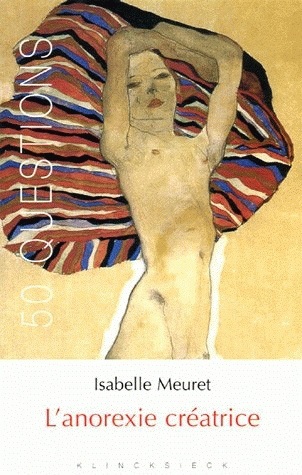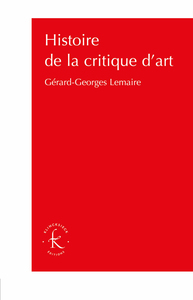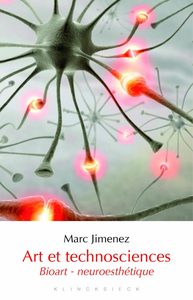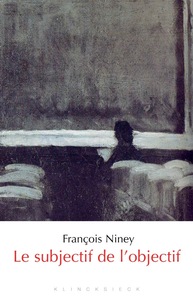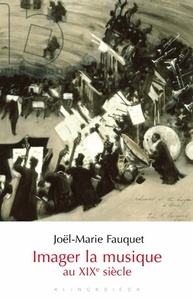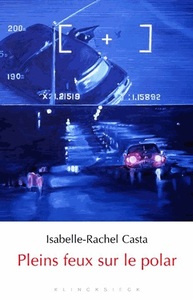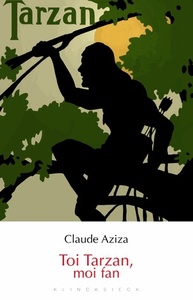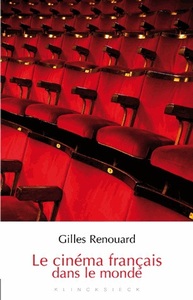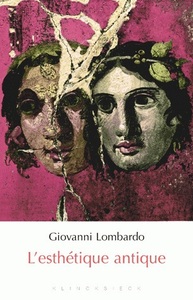Nous utilisons des cookies pour améliorer votre expérience. Pour nous conformer à la nouvelle directive sur la vie privée, nous devons demander votre consentement à l’utilisation de ces cookies. En savoir plus.
L'ANOREXIE CREATRICE
EAN : 9782252035597
Paru le : 8 févr. 2006
-
 Livraison gratuite
Livraison gratuite
en France sans minimum
de commande -
 Manquants maintenus
Manquants maintenus
en commande
automatiquement -
 Un interlocuteur
Un interlocuteur
unique pour toutes
vos commandes -
 Toutes les licences
Toutes les licences
numériques du marché
au tarif éditeur -
 Assistance téléphonique
Assistance téléphonique
personalisée sur le
numérique -
 Service client
Service client
Du Lundi au vendredi
de 9h à 18h
- EAN13 : 9782252035597
- Collection : 50 QUESTIONS
- Editeur : Klincksieck
- Date Parution : 8 févr. 2006
- Disponibilite : Provisoirement non disponible
- Barème de remise : NS
- Nombre de pages : 208
- Format : 1.20 x 13.50 x 21.00 cm
- Poids : 252gr
- Interdit de retour : Retour interdit
-
Résumé :
A turn-of-the-century pathology — just as hysteria was before it — anorexia fascinates even as it reaches epidemic proportions. Nonetheless, excessive fasting has always existed, as biblical tales and contemporary testimonies have shown. As the affirmation of a denial, a quest for the sacred, or an internal experience of the void, anorexia has been the prey of so much discourse as to assume mythological status. The emaciated body is its dead metaphor. Now that medical arguments are nearly exhausted, literature offers new interpretations by way of the figurations of it presented by the authors.
Anorexia and writing are two ways of exploring one's limits. Whether a driving force, a cure, or a consequence of anorexia, the act of writing is intimately associated with it. These two practices are so curiously intertwined as to make anorexia appear to be a writing pathology. This tour of literature, from its fasting champions to its self-starvation artists ranging from Kafka to Gide — not to mention Byron, the Bronte sisters, and Woolf — allows the author to define a « semiotics of anorexia » : what we will call here « writing size zero ». By endowing anorexia with the meaning it lacked, writing has also bestowed upon the latter its own code of ethics.Isabelle Meuret teaches English at Université libre de Bruxelles. She has published numerous articles on the topic of anorexia in twentieth-century literature, as well as a book, Writing Size Zero : Figuring Anorexia in Contemporary World Literatures.
-
Biographie :
Maître de conférences en littérature comparée (en 1990).

